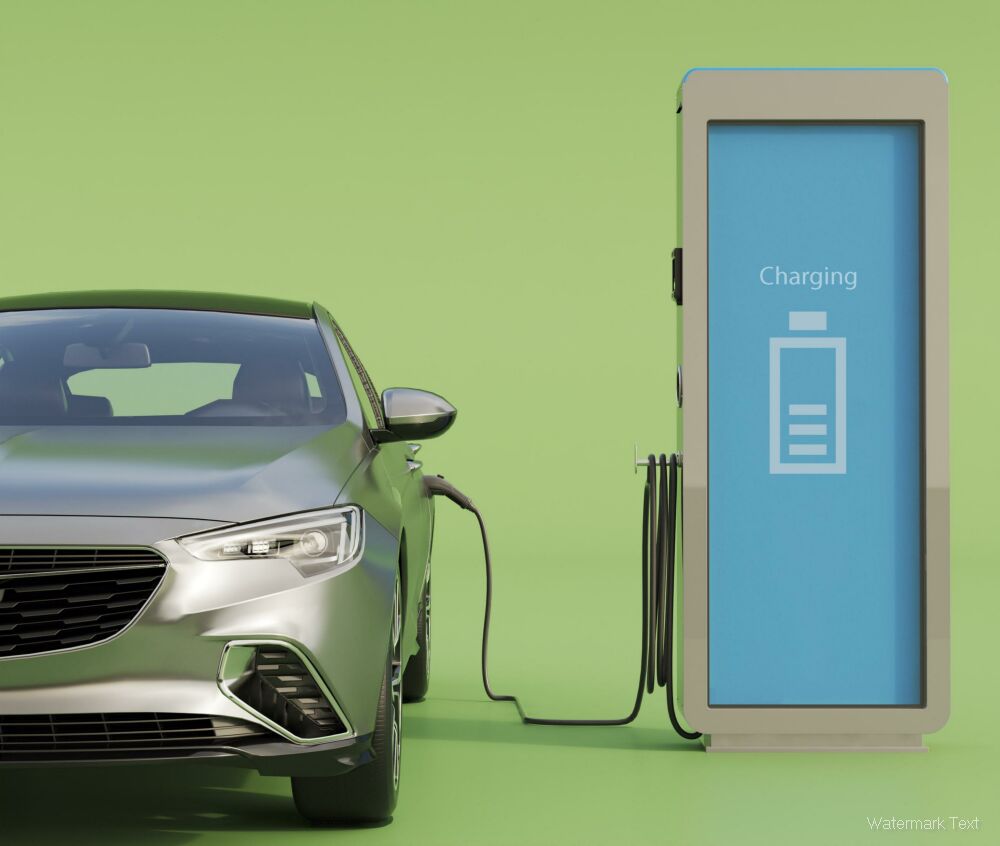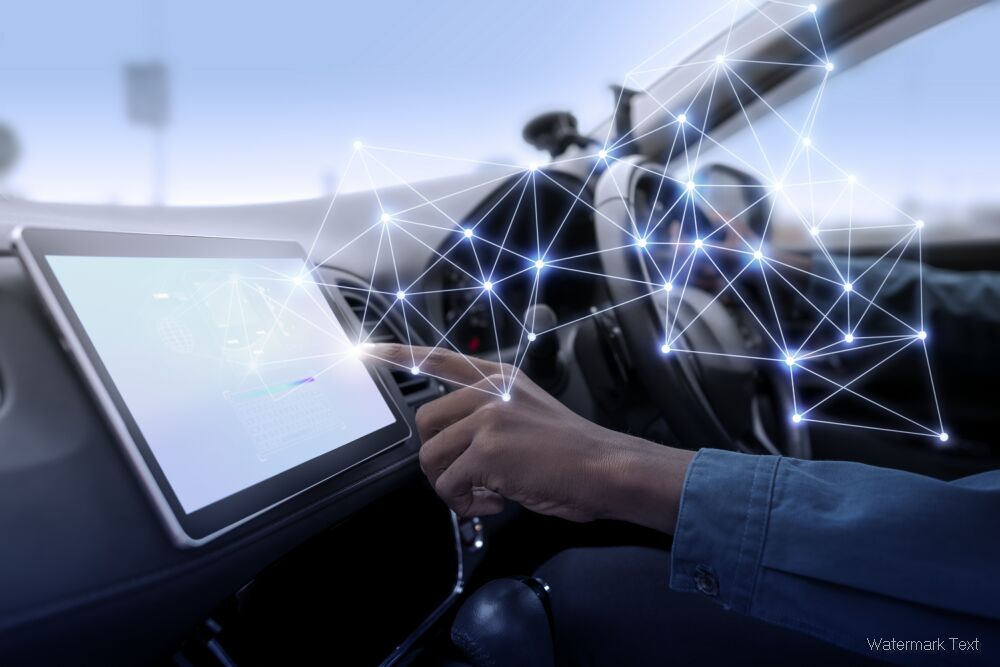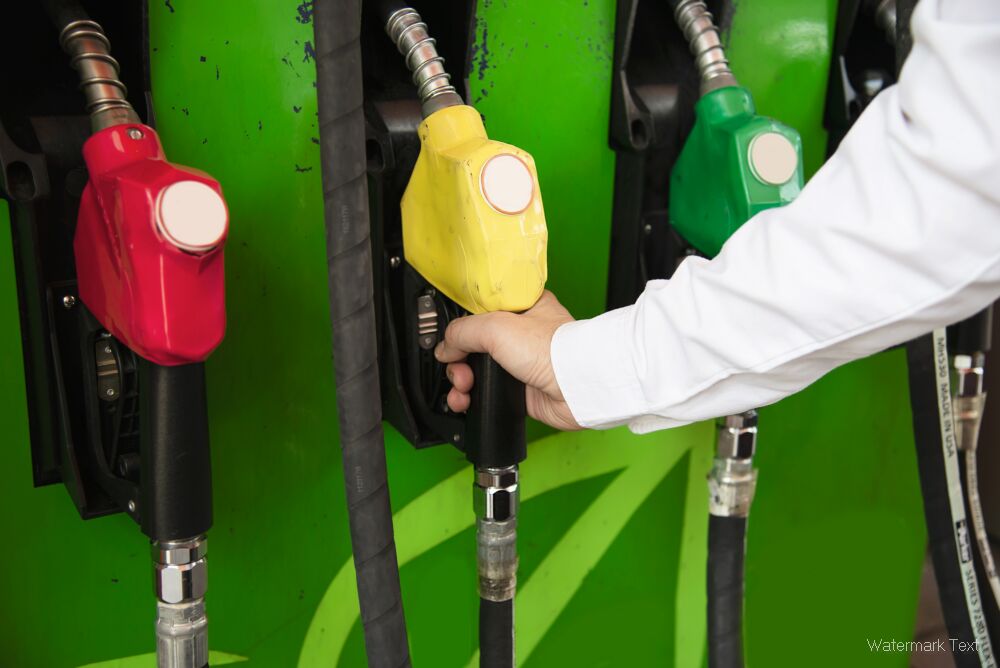The automotive industry is undergoing a revolutionary transformation, driven by the rapid advancements in artificial intelligence (AI). From enhancing safety features to optimizing manufacturing processes, AI is reshaping how vehicles are designed, produced, and operated. ?✨ In this blog, we will explore the various ways AI is impacting the automotive sector, supported by rich statistics and clear tables to illustrate these changes.

AI in Vehicle Safety
One of the most significant contributions of AI in the automotive sector is in the realm of safety. According to the National Highway Traffic Safety Administration (NHTSA), over 94% of serious crashes are due to human error. AI technologies, such as advanced driver-assistance systems (ADAS), are designed to reduce these errors.
Key Statistics on AI and Vehicle Safety
| Feature | Impact on Safety (%) | Example Technology |
|---|---|---|
| Collision Avoidance | 30% | Automatic Emergency Braking |
| Lane Keeping Assistance | 25% | Lane Departure Warning |
| Adaptive Cruise Control | 20% | Smart Speed Regulation |
| Driver Monitoring Systems | 15% | Fatigue Detection |
As shown in the table above, features like automatic emergency braking and lane departure warnings can significantly reduce the likelihood of accidents. Companies like Tesla and Waymo are at the forefront of integrating these technologies into their vehicles, making roads safer for everyone. For more insights on how these technologies work, you can check out NHTSA's official website.
AI in Manufacturing
AI is not only enhancing vehicle safety but also revolutionizing the manufacturing processes within the automotive industry. By utilizing AI-driven analytics, manufacturers can optimize production lines, reduce waste, and improve overall efficiency.
Manufacturing Efficiency Statistics
| Metric | Pre-AI Implementation | Post-AI Implementation | Improvement (%) |
|---|---|---|---|
| Production Time (hours) | 100 | 70 | 30% |
| Defect Rate (%) | 5 | 1 | 80% |
| Labor Costs ($ per unit) | 200 | 150 | 25% |
The table above illustrates the remarkable improvements in manufacturing efficiency after the implementation of AI technologies. Companies like Ford and BMW are leveraging AI to streamline their production processes, resulting in significant cost savings and higher quality products. For a deeper dive into AI in manufacturing, visit Industry Week.
AI in Autonomous Vehicles
The most exciting application of AI in the automotive sector is undoubtedly in the development of autonomous vehicles. Self-driving cars are no longer a distant dream; they are becoming a reality thanks to AI algorithms that enable vehicles to navigate complex environments.
Autonomous Vehicle Development Statistics
| Company | Level of Autonomy | Testing Locations | Estimated Release Year |
|---|---|---|---|
| Waymo | Level 4 | 25+ cities | 2025 |
| Tesla | Level 2-3 | Global | 2024 |
| Cruise | Level 4 | San Francisco | 2023 |
As seen in the table, companies like Waymo and Cruise are leading the charge in autonomous vehicle development. With extensive testing in various locations, these companies are paving the way for a future where self-driving cars could become commonplace. For more information on autonomous vehicles, you can explore Cruise's website.
Conclusion
AI is undeniably transforming the automotive sector in profound ways. From enhancing safety features to revolutionizing manufacturing processes and paving the way for autonomous vehicles, the impact of AI is far-reaching. As we continue to embrace these technologies, the future of transportation looks brighter and more efficient than ever. ??
In summary, the integration of AI in the automotive industry is not just a trend; it is a fundamental shift that promises to enhance safety, efficiency, and innovation. As we look ahead, it will be exciting to see how these advancements unfold and shape the future of mobility.



